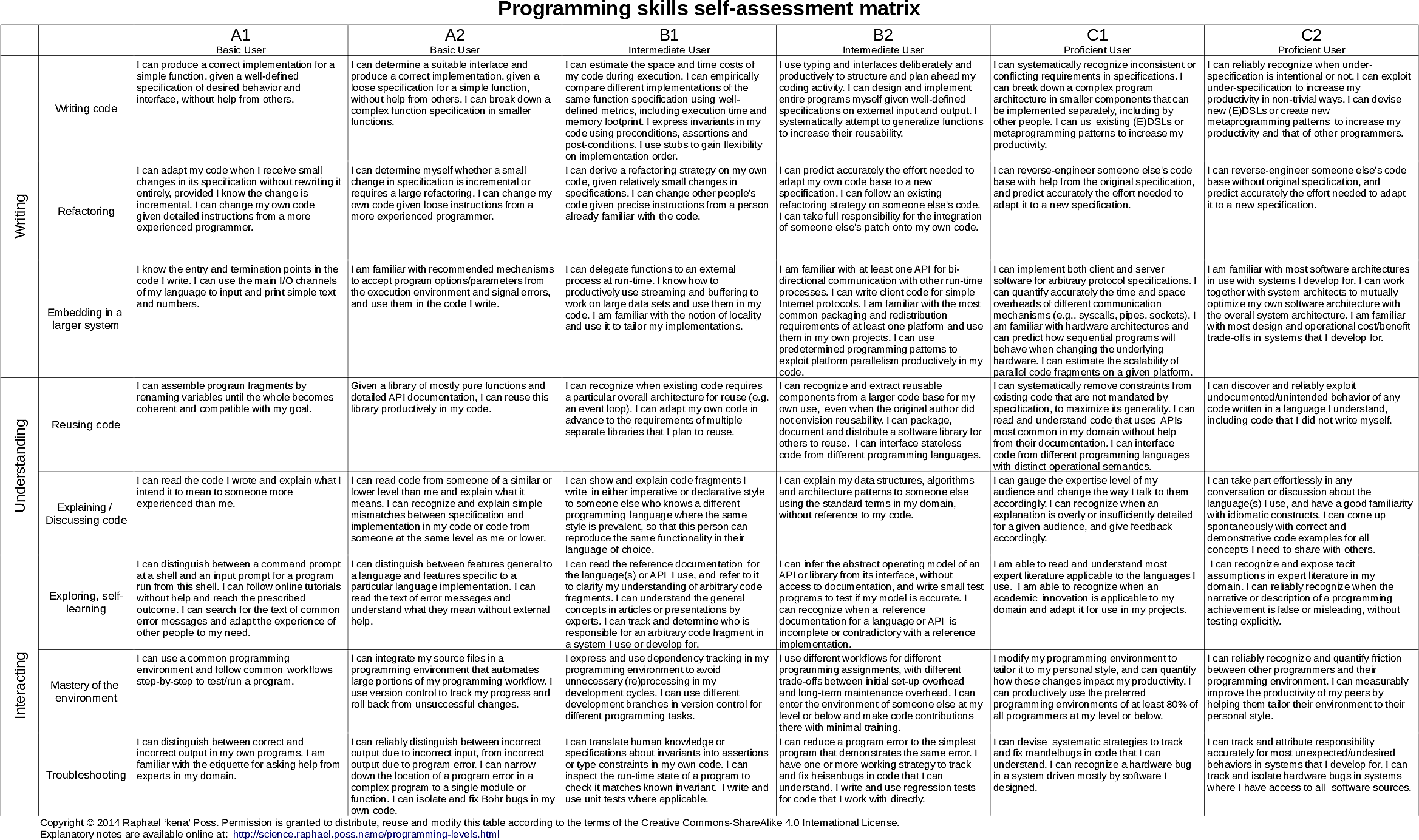Self-sabotage is a behavior pattern that many people engage in, often without even realizing it. It involves consciously or unconsciously undermining oneself in various aspects of life, such as relationships, career, health, and personal growth. People who self-sabotage may engage in behaviors that hinder their own progress or success, such as procrastination, negative self-talk, perfectionism, or self-destructive habits. This phenomenon is often driven by deep-seated feelings of low self-worth, fear of failure, or a lack of belief in one's abilities. Understanding why people self-sabotage is crucial in order to break free from these destructive patterns and live a more fulfilling and successful life.
Understanding Self-Sabotage: Why Do People Engage in Self-Destructive Behaviors?
The Psychological Drivers Behind Self-Sabotage
Self-sabotage often stems from deep-rooted negative beliefs about oneself, such as feelings of unworthiness, fear of success, or a lack of self-confidence. to see go to can lead individuals to engage in behaviors that are counterproductive to their goals.
The Role of Fear in Self-Sabotage
Fear is a powerful motivator in self-sabotage. Whether it's fear of failure, fear of rejection, or fear of the unknown, these underlying fears can drive individuals to sabotage their own success in order to avoid facing their fears head-on.
The Impact of Past Trauma on Self-Sabotaging Behaviors
Individuals who have experienced past trauma may be more prone to self-sabotage as a way to cope with unresolved emotional pain. Trauma can manifest in self-destructive behaviors that serve as a means of self-protection or self-punishment.
External Factors That Contribute to Self-Sabotage
External factors, such as toxic relationships, societal pressures, or work-related stress, can also play a significant role in self-sabotage. These external influences can exacerbate internal struggles and lead individuals to engage in destructive behaviors as a coping mechanism.


Overcoming Self-Sabotage: Strategies for Breaking the Cycle
Breaking the cycle of self-sabotage requires self-awareness, emotional regulation, and personal growth. By identifying triggers, challenging negative thought patterns, and developing healthy coping mechanisms, individuals can begin to overcome self-sabotaging behaviors and work towards their goals.
Seeking Professional Help for Self-Sabotage
If self-sabotage is interfering with your ability to lead a fulfilling life, seeking professional help from a therapist or counselor can be beneficial. Therapy can provide individuals with the tools and support needed to address underlying issues, develop healthier coping strategies, and create positive change in their lives.
